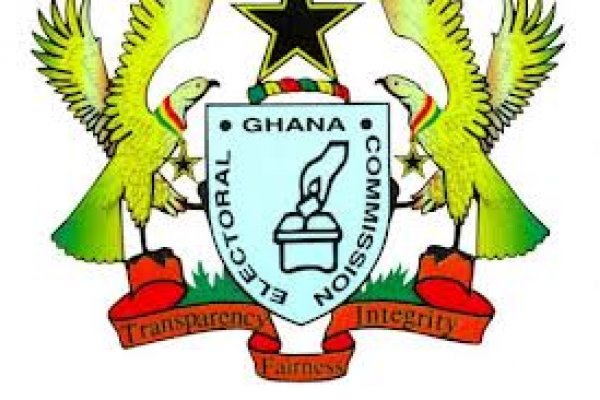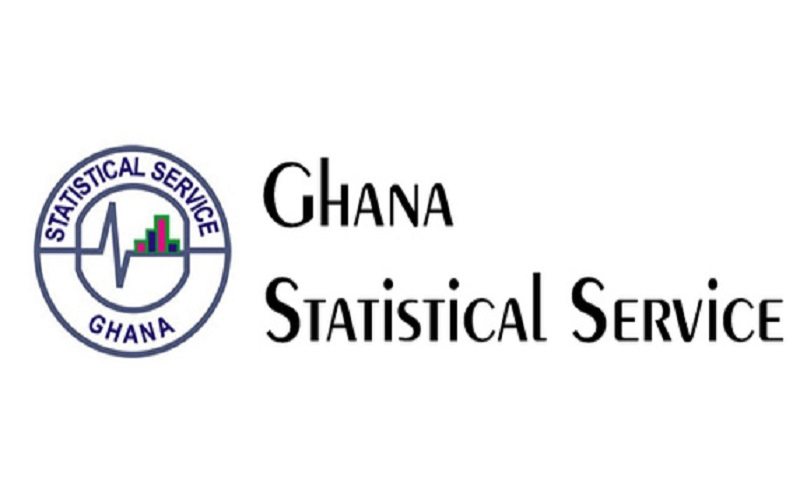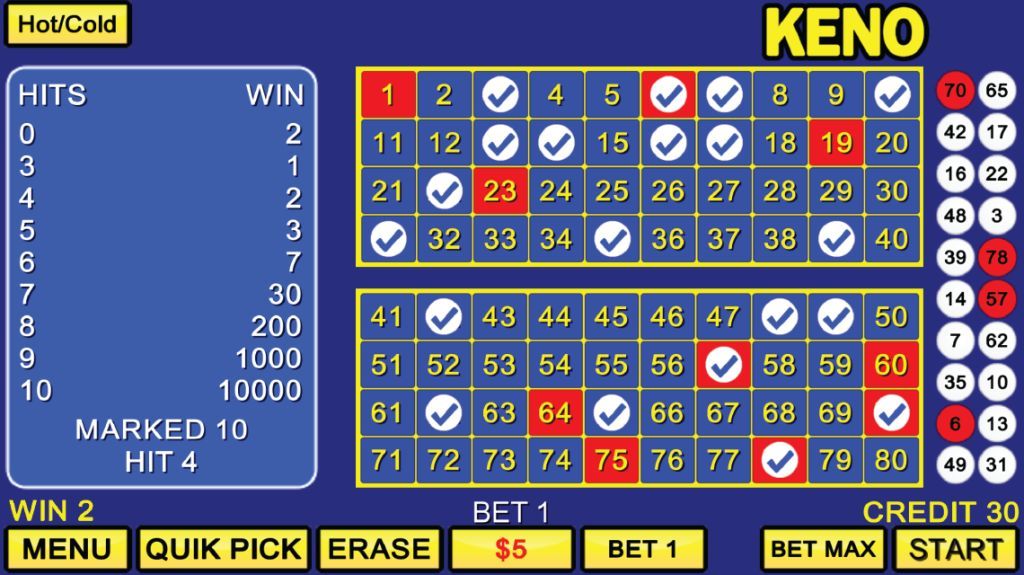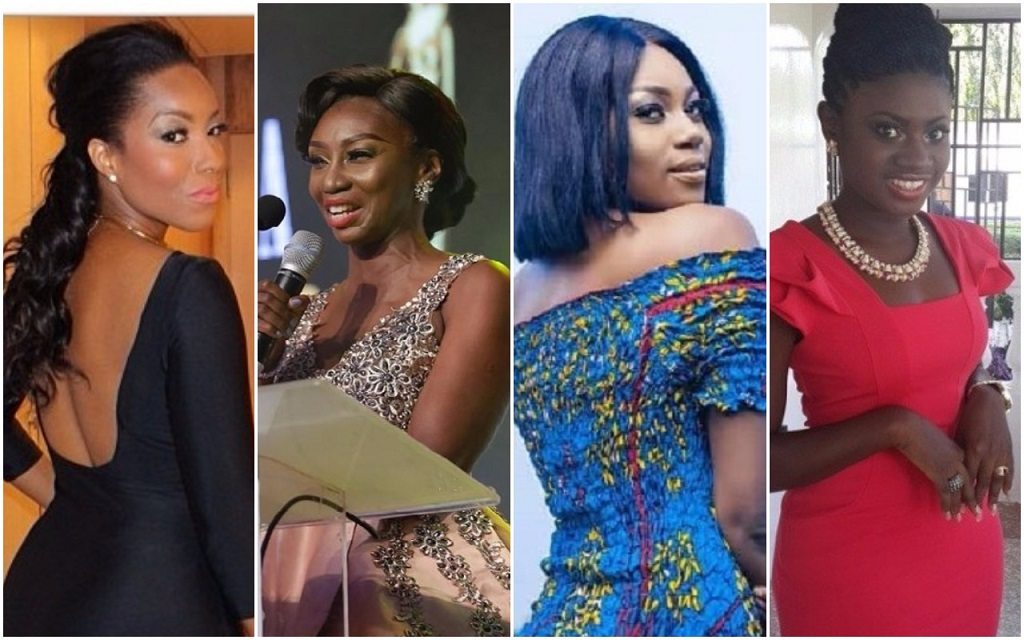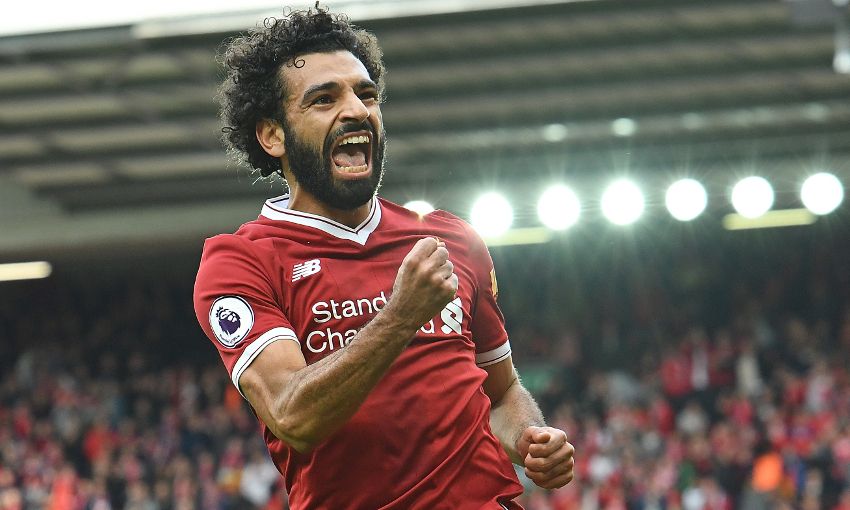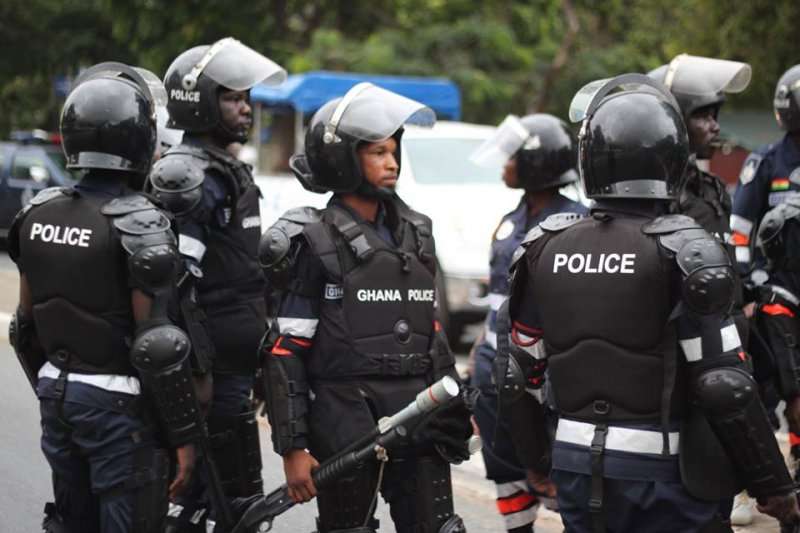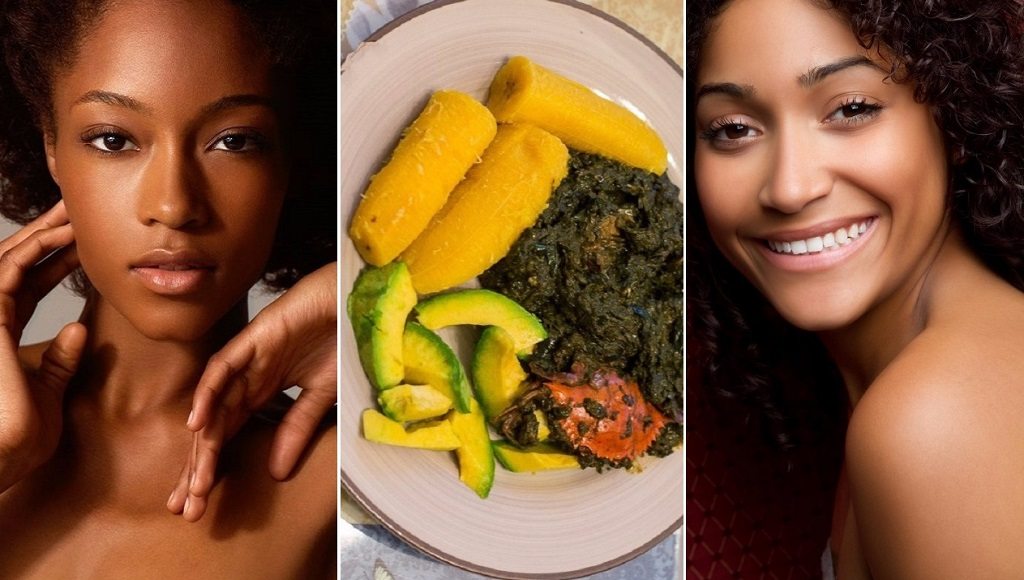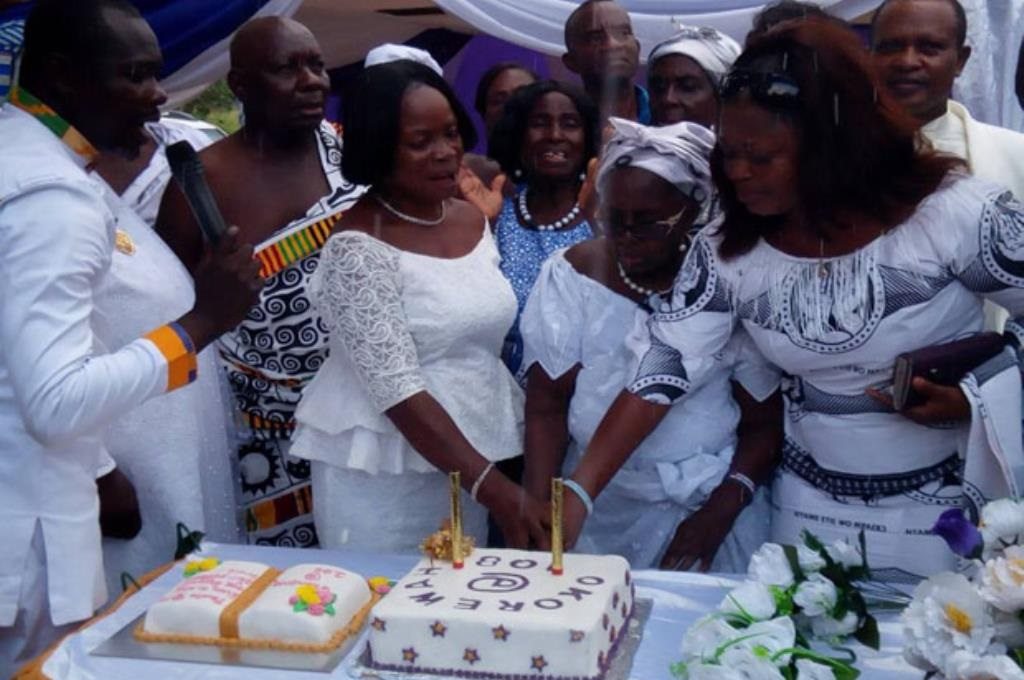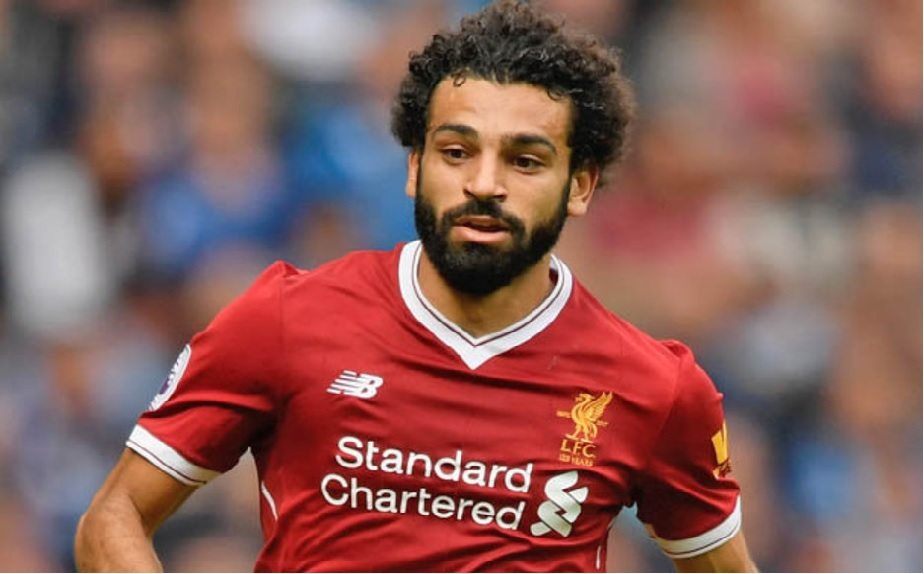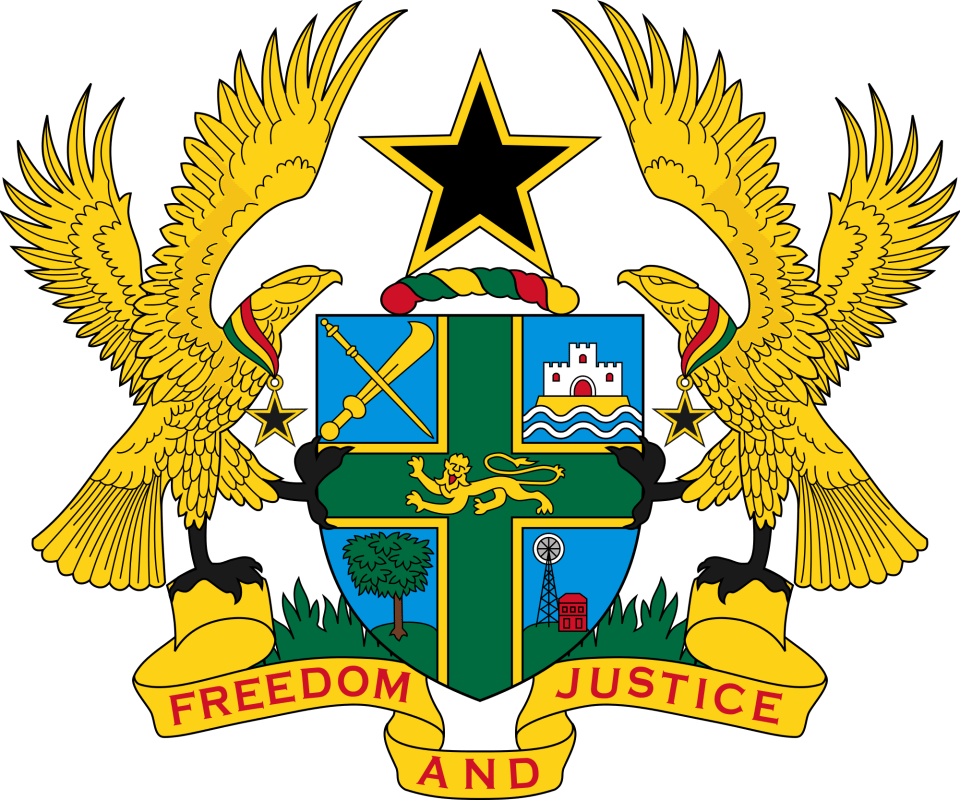
The fourth republic (1992 to present) has recorded about 24 registered political parties in Ghana, despite the fact that the country has only two dominant parties (the National Democratic Congress and the New Patriotic Party) since the introduction of constitutional democracy as changes within the government has continued to rotate between these two dominant political parties.
It has been a very serious challenge for anyone outside the above-named political parties to make a notable political mark. It will be of relevance for all Ghanaians or anyone interested in Ghana politics to be aware of the different political parties that have been in existence starting from the second, third and fourth republic even to the time of independence and pre-independence era.
Political parties are formed with the aim of pursuing a common goal(s) and making this goal(s) come to fruition. In most countries, individuals with a political ambition are first elected during a primary election, which is usually conducted by his/her party’s electoral structure. The same applies to most political parties in Ghana, where a political candidate wins the majority of his party’s votes before making it to the national level.
How much do you know about political parties in Ghana? Here’s the List of Political Parties in Ghana.
Political Parties in Ghana
Second Republic (1969-1972)
- All People’s Republican Party
- Justice Party
- National Alliance of Liberals – an offshoot of CPP
- People’s Action Party
- Progress Party – ‘Danquah/Busia’ tradition
- United Nationalist Party
Third Republic (1979-1981)
- Action Congress Party
- People’s National Party
- Popular Front Party – ‘Danquah/Busia’ tradition
- Social Democratic Front
- Third Force Party
- United National Convention
Fourth Republic (1992-present)
As of 2018, there are 24 registered political parties on the list of the Electoral Commission of Ghana. They are:
- All People’s Congress (APC)
- Convention People’s Party (CPP)
- National Convention Party (NCP) – merged with PCP to reform CPP
- People’s Convention Party (PCP) – merged with NCP to reform CPP
- National Independence Party (NIP) – merged with PHP, forming PC
- People’s Heritage Party (PHP)- merged with NIP, forming PCP
- Democratic Freedom Party (DFP)
- Democratic People’s Party (DPP)
- Every Ghanaian Living Everywhere (EGLE Party)
- Ghana Democratic-Republican Party (GDRP)
- Great Consolidated Popular Party (GCPP)
- Ghana Freedom Party (GFP)
- Ghana National Party (GNP)
- Independent People’s Party (IPP)
- National Democratic Congress (NDC) – ruling party
- National Democratic Party (NDP)
- New Patriotic Party (NPP) – ‘Danquah/Busia’ tradition
- National Reform Party (NRP)
- New Vision Party (NVP)
- People’s National Convention (PNC)
- Progressive People’s Party (PPP)
- Reformed Patriotic Democrats (RPD)
- United Development System Party (UDSP)
- United Front Party (UFP)
- United Ghana Movement (UGM)
- United Love Party (ULP)
- United Renaissance Party (URP)
- Yes People’s Party (YPP)
- Ghana Redevelopment Party (GRP)
There are other political parties in the country which are currently not listed, as revealed by some authoritative sites. These parties are:
- Ghana Redevelopment Party (GRP)
- National Convention Party (NCP) – merged with PCP to reform CPP in 1996
- National Democratic Party (NDP) – founded October 2012, split from NDC
- National Independence Party (NIP) – merged with PHP in 1993, forming PCP
- National Reform Party (NRP) – founded 1999, split from NDC
- People’s Convention Party (PCP) – merged with NCP to reform CPP in 1996
- People’s Heritage Party (PHP) – merged with NIP in 1993, forming PCP
Check Out: Stephen Atubiga Bio: Things You Must Know About The NDC 2020 Presidential Hopeful
Quick Facts about Political Parties in Ghana
1. They are regulated under the Political Parties Act 574 which was passed in the year 2000. The Act clearly stipulated how politicians who wish to establish a political party can go about it, including information on how a party is registered, operated and funded.
2. Every Ghanaian citizen of voting age has the right to form or join a political party of his choice.
3. Speaking of ethics, would-be founders of political parties are barred from establishing a political party based on professional, gender, ethnic, regional, religious, or other sectional divisions. The use of symbols, words, or slogan that could trigger divisions is not permitted.
4. Restriction of leadership or membership to members of any particular ethnic group, religious faith, profession, or community, are not allowed as well.
5. Political parties in Ghana are registered by writing an application to the Electoral Commision of Ghana. The letter is usually submitted with the written names and addresses of the prospective party’s national officers, the registration fee, a full description of its slogans, colors, and symbols (if any) and other particulars that may be required by the commission.
6. A certificate of registration is usually issued to a political party, at least, seven days after the commision must have received its application.
